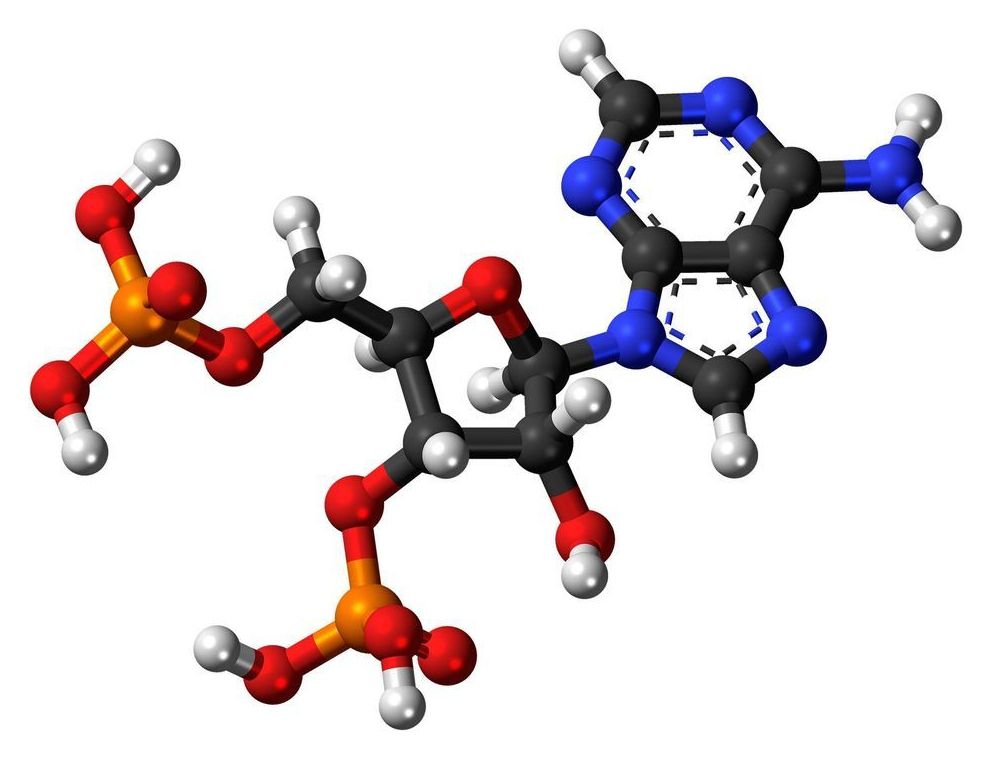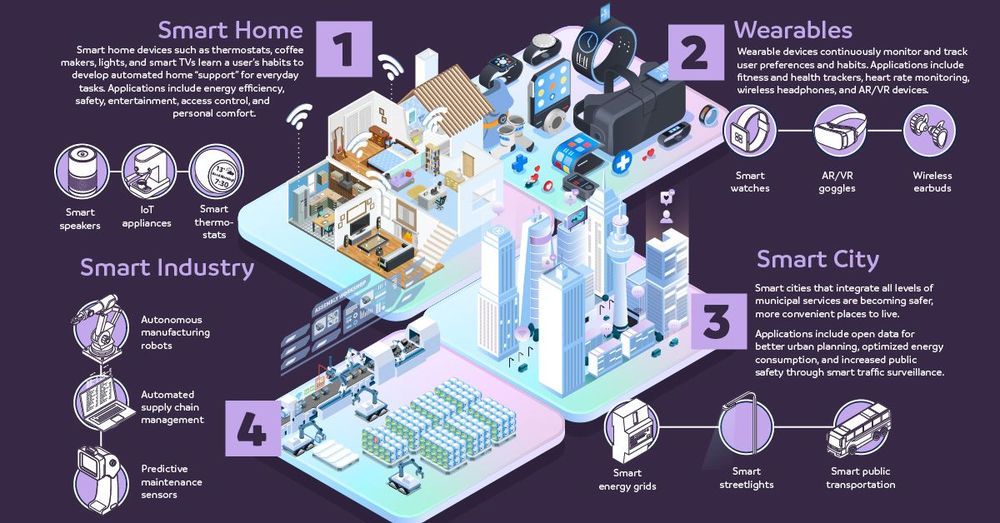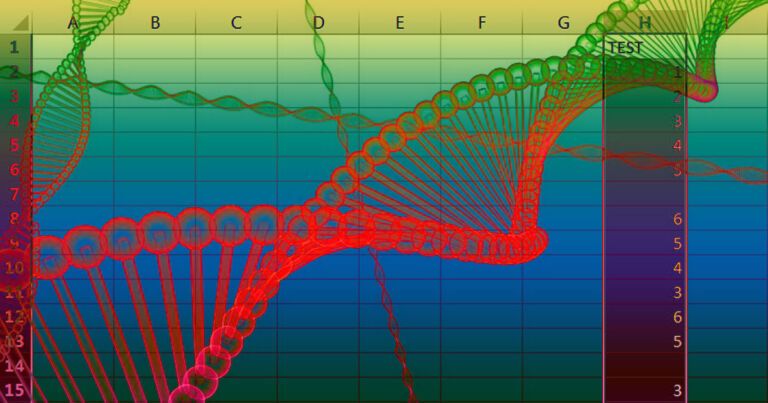Only 300 of these incredible things will be made. This is what’s inside them.



MEDAN, Indonesia — Indonesia’s rumbling Mount Sinabung erupted Monday, sending a column of volcanic materials as high as 16,400 feet into the sky and depositing ash on villages.
It is the second eruption since Saturday after the volcano sat dormant for more than a year.
Falling grit and ash accumulated up to 2 inches in already abandoned villages on the volcano’s slopes, said Armen Putra, an official at the Sinabung monitoring post on Sumatra Island.

Before the first oncogene mutations were discovered in human cancer in the early 1980s, the 1970s provided the first data suggesting alterations in the genetic material of tumors. In this context, the prestigious journal Nature published in 1975 the existence of a specific alteration in the transformed cell: an RNA responsible for carrying an amino acid to build proteins (transfer RNA) was missing a piece, the enigmatic nucleotide ‘Y.’
After that outstanding observation, virtually no developments were made for forty-five years on the causes and consequences of not having the correct base in RNA.
In an article published in Proceedings of the National Academy of Sciences (PNAS) by the group of Dr. Manel Esteller, Director of the Josep Carreras Leukaemia Research Institute, ICREA Research Professor and Professor of Genetics at the University of Barcelona has solved this mystery by observing that in cancer cells the protein that generates the nucleotide Y is epigenetically inactivated, causing small but highly aggressive tumors.



Lava Tubes!!
District 13
Despite their larger size, the researchers believe that the lava tubes are surprisingly stable, meaning settlers wouldn’t have to worry about them collapsing around them.
“Lava tubes could provide stable shields from cosmic and solar radiation and micrometeorite impacts which are often happening on the surfaces of planetary bodies,” European Space Agency researcher Francesco Sauro said in a press release. “Moreover, they have great potential for providing an environment in which temperatures do not vary from day- to night-time.”

Populations of vampire bats are exploding and spreading deadly diseases.
Check out VICE News for more: http://vicenews.com
Follow VICE News here:
Facebook: https://www.facebook.com/vicenews
Twitter: https://twitter.com/vicenews
Tumblr: http://vicenews.tumblr.com/
Instagram: http://instagram.com/vicenews
More videos from the VICE network: https://www.fb.com/vicevideo

This magnitude 7.1 earthquake started deep underground, in a gash on the Atlantic seafloor, a little more than 650 miles off the coast of Liberia, in western Africa. It rushed eastward and upward, then did an about-face and boomeranged back along the upper section of the fault at incredible speeds‑so fast it caused the geologic version of a sonic boom.
The ferocity of shaking from an earthquake is usually focused in the direction the temblor is traveling. But a boomerang quake, or a “back-propagating rupture” in scientific terms, may spread the intense shaking across a wider zone. It remains uncertain how common boomerang earthquakes are—and how many travel at such great speeds. But the new study, published today in the journal Nature Geoscience, is a major step toward untangling the complex physics behind these events and understanding their potential hazards.
“Studies like this help us understand how past earthquakes ruptured, how future earthquakes may rupture, and how that relates to the potential impact for faults near populated areas,” says Kasey Aderhold, a seismologist with the Incorporated Research Institutions for Seismology, via email.

As one of the leaders in developing a COVID-19 vaccine, Moderna signed a contract worth up to $1.525 billion with the U.S. government to supply 100 million doses of mRNA-1273, the company’s experimental COVID-19 vaccine.
The agreement also includes incentive payments for hitting a production schedule. Moderna had a previous award of up to $955 million from BARDA for the development of the vaccine to licensure, which brings the U.S. government’s commitment for early access to the vaccine up to $2.48 billion. The U.S. government, as part of Operation Warp Speed, also can acquire another 400 million doses.
As part of this deal, the U.S. government says Americans will receive the vaccine at no cost. It is possible that healthcare professionals will charge for the cost of administering it.